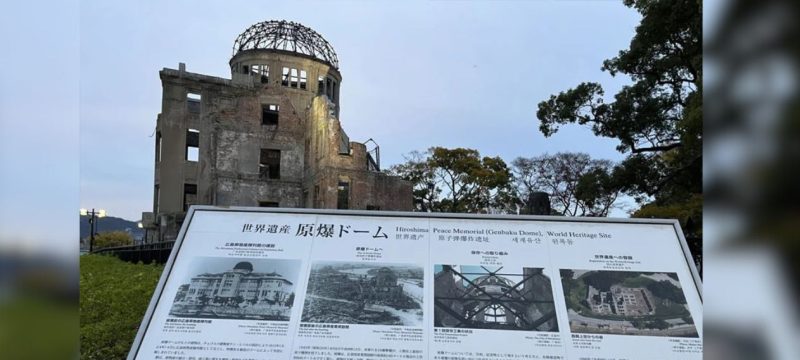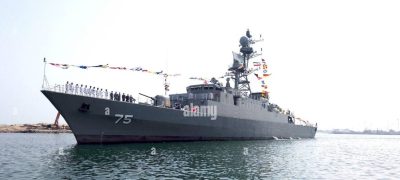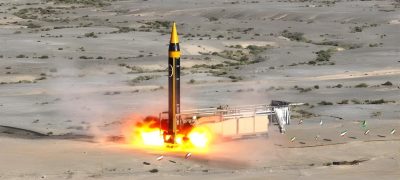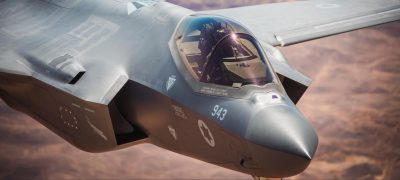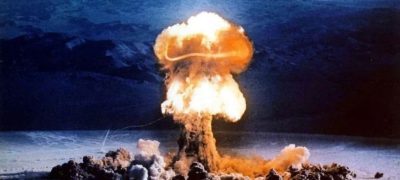Thousands gathered at the Hiroshima Peace Memorial Park on Wednesday to mark 80 years since the world’s first wartime atomic bombing. The solemn ceremony remembered the devastating attack that killed tens of thousands and changed the course of history.
At exactly 8:15 a.m., the time when the uranium bomb “Little Boy” detonated, attendees bowed their heads in silence. Delegates from 120 countries, including the United States and Israel, joined survivors and local residents to honor the victims.
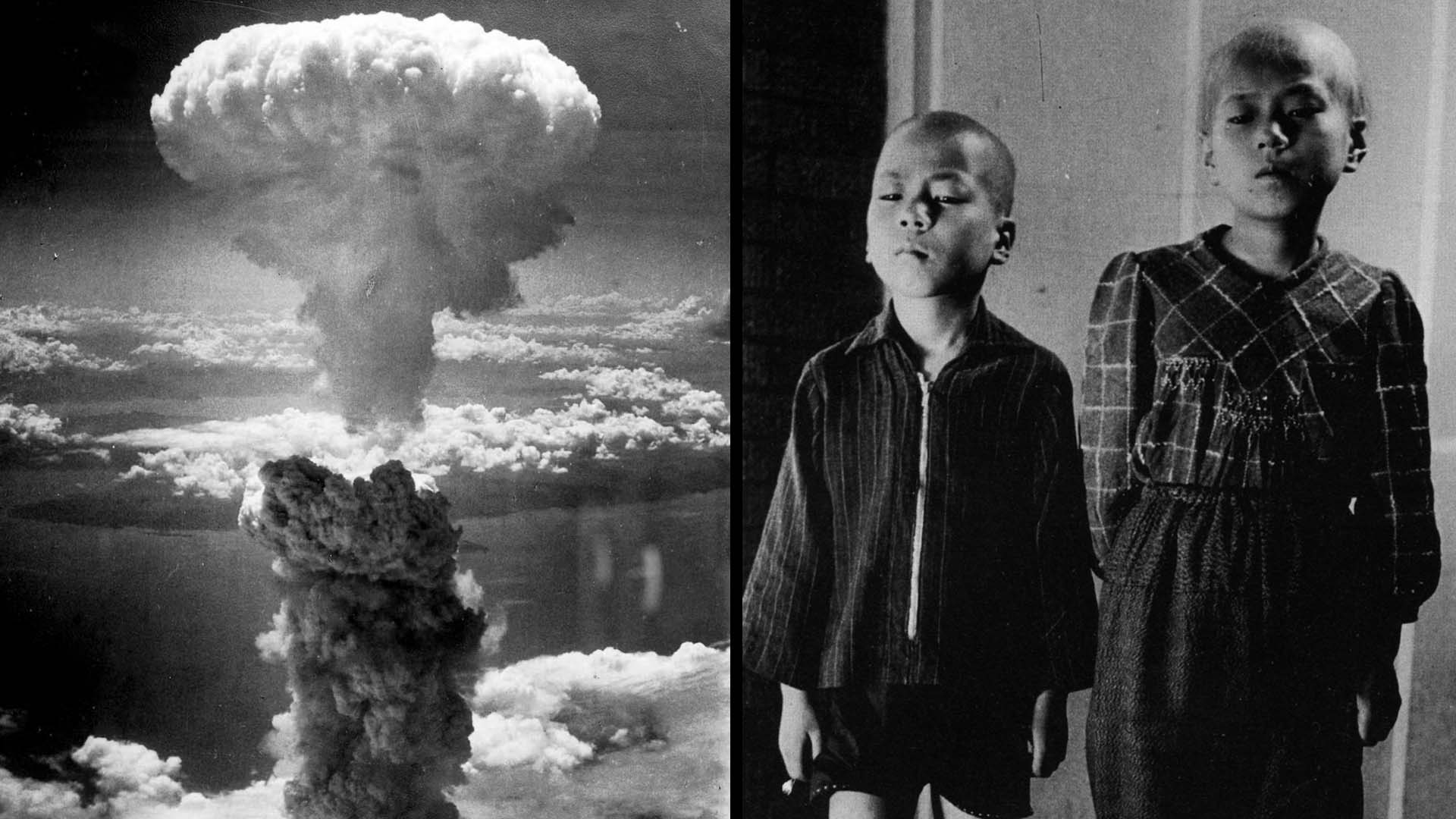
The U.S. dropped the bomb on Hiroshima in the final days of World War II. Around 78,000 people were killed instantly, while radiation and injuries pushed the death toll to an estimated 140,000 by the end of 1945.
Hiroshima Mayor Kazumi Matsui used the memorial event to urge world leaders to confront the dangers of nuclear proliferation. He warned that the belief nuclear weapons are “unavoidable” undermines decades of peace-building efforts.
Global Disarmament in Focus
This year’s remembrance comes amid rising geopolitical tensions and renewed military buildups. The United States and Russia, holding nearly 90% of the world’s nuclear weapons, remain at the center of global disarmament concerns.

Matsui called on international leaders to visit Hiroshima and see firsthand the human cost of nuclear warfare. “Please witness for yourselves the reality of the atomic bombing,” he said.
Survivors and Their Legacy
The number of hibakusha, or survivors of the bombing, is rapidly declining. For the first time, fewer than 100,000 remain alive. Many endured decades of discrimination due to fears of radiation-related illnesses and potential genetic effects on future generations.
Visitors like 71-year-old Yoshikazu Horie expressed fears that history may repeat itself amid current conflicts. He emphasized the importance of peace so future generations can live without the shadow of nuclear war.
In other news read more about Beijing Lifts Highest-Level Rainstorm Alert After Floods Kill 44 and Displace Thousands


